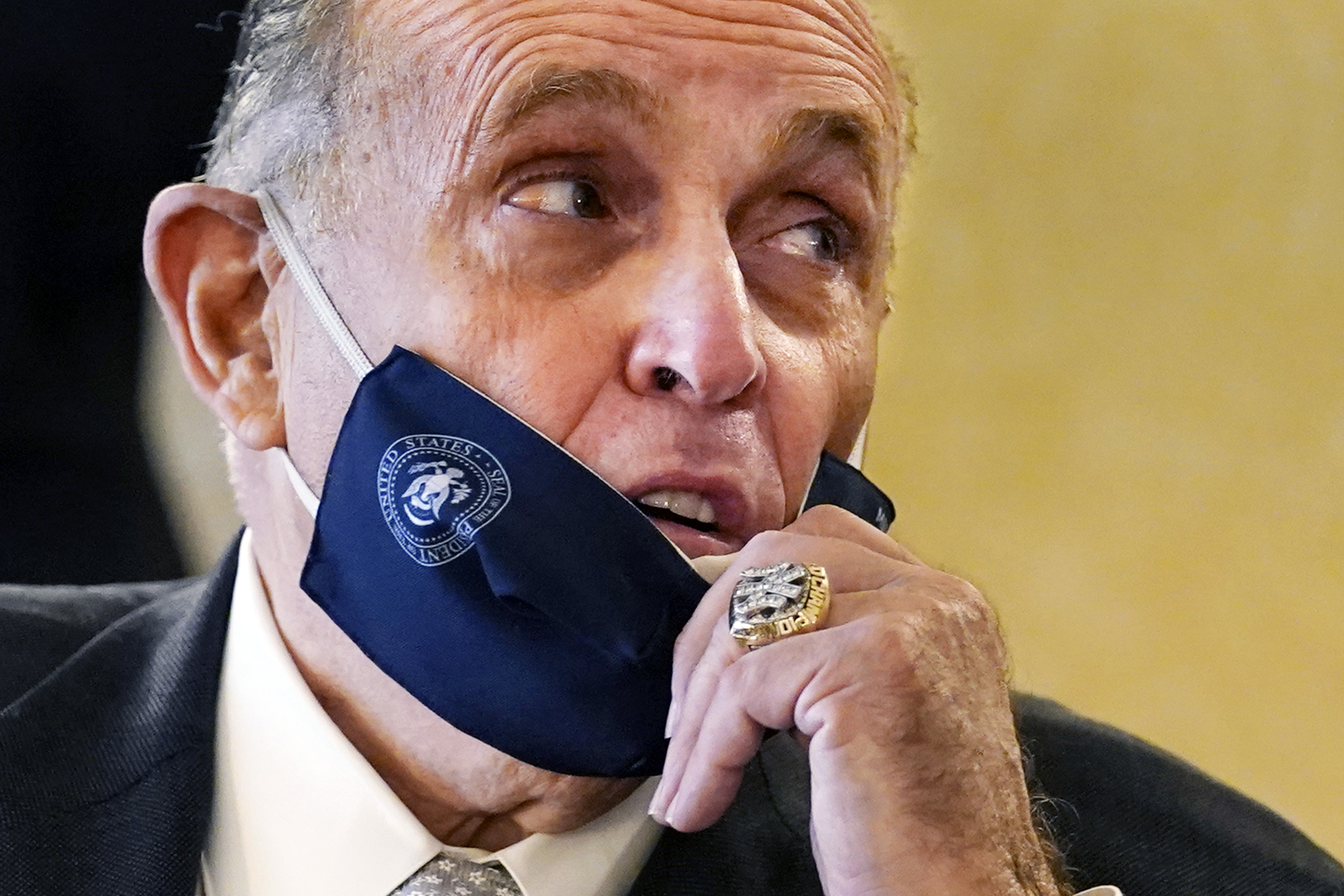Bristol Palin recently returned to the headlines by panning Tina Fey and "Saturday Night Live" for mocking the verbal yo-yo exhibition her mother put on while endorsing Donald Trump last month. "Saturday Night Live and Fey have been clinging to this impersonation a little too long," the younger Palin wrote in a blog post. "It's getting pathetic."
Sure, Fey debuted her Sarah Palin imitation in 2008, which seems like eons ago in the national political timeline. But the former "Weekend Update" anchor's latest "SNL" gig didn't feel old as much as old school: She offered a master class in meta comedy by lampooning a performance by Palin that played to many like a Tina Fey caricature.
Fey's return came in an "SNL" election year season in which comedians boasting long histories with the show are taking center stage. Amy Poehler donned her 2008 Hillary Clinton wig and frosty smile for a dueling Hillarys bit with current cast member Kate McKinnon. Former cast member and current "SNL" announcer Darrell Hammond has pulled double duty with his dead-on Trump and Bill Clinton impressions.
But "Seinfeld" co-creator Larry David stands out as the season's most ballyhooed cameo-maker, with two appearances as Democratic presidential hopeful Bernie Sanders. And why not: They look alike. They sound alike. They grew up just six years and a couple of Brooklyn neighborhoods apart.
They both come across as agitated contrarians who sweat the details (David as Sanders assailing big banks: "Why do they chain all their pens to the desk?").
"SNL" gets to feel the Bern this weekend when David hosts for the first time, fresh off Sanders' strong showing in the Iowa caucuses. Both men, to put it in cheesy Seinfeldian terms, are as hot as one of George Steinbrenner's favorite calzones.
David's grumpy persona won't allow him show whether he's feeling - to borrow his own favorite phrase - pretty, pretty, pretty good about hosting a show after seemingly burning his bridges three decades ago during a brief stint as a writer.
U.S. & World
The off-told story goes like this: David, who was having trouble getting sketches on the air, quit in dramatic fashion and stormed out. He later panicked and returned to work as if nothing happened.
If that sounds familiar, it's because David used his experience as fodder for his self-destructive TV alter ego, George Costanza, on "Seinfeld," the show that made him rich, though not immediately famous.
David's gained a post-"Seinfeld" following through his HBO show, "Curb Your Enthusiasm." His recent turn in his Broadway play, "A Fish in the Dark," offered a showcase for live performing chops left largely dormant since his stand-up days and his role on the short-lived early 1980s ABC sketch show "Fridays."
Like Sanders, David's acquired-taste appeal crosses age groups. The comic's public detente with "SNL" started with his cameo on last year's 40th anniversary special, which brought together decades worth of performers, with little sign of generation gaps.
"SNL" isn't "pathetic," as Bristol Palin suggests, as much as keeping up with the times - even when that means turning back the clock.



